Market Share
Zeolites Market Share Analysis
Market share positioning strategies in the zeolites market play a crucial role in determining a company's success and competitiveness. Zeolites are widely used in various industries such as agriculture, water treatment, petrochemicals, and detergents due to their unique properties such as adsorption, ion exchange, and catalysis. To effectively position themselves in the market and gain a competitive edge, companies employ various strategies.
One common strategy is differentiation, where companies focus on highlighting the unique features and benefits of their zeolite products compared to competitors. This could involve emphasizing factors such as purity, particle size, surface area, or specific applications. By differentiating their products, companies can target specific market segments and attract customers who value these particular attributes. For example, a company may position its zeolite product as having superior adsorption capacity for water treatment applications, thereby appealing to customers in need of efficient water purification solutions.
Another strategy is cost leadership, where companies aim to become the lowest-cost producer in the market. This involves optimizing production processes, sourcing raw materials efficiently, and minimizing overhead costs to offer competitive pricing to customers. By offering zeolite products at lower prices than competitors, companies can attract price-sensitive customers and gain market share. However, it's essential to ensure that cost-cutting measures do not compromise product quality or reliability, as this could negatively impact the company's reputation and long-term success.
In addition to differentiation and cost leadership, companies may also focus on niche markets or specific geographical regions to establish a strong market position. By targeting niche applications or underserved regions, companies can avoid direct competition with larger players and carve out a profitable niche for themselves. For example, a company may specialize in supplying high-purity zeolites for pharmaceutical applications or focus on serving the rapidly growing market for zeolite-based catalysts in emerging economies.
Furthermore, strategic partnerships and collaborations can also help companies strengthen their market position in the zeolites industry. By forming alliances with suppliers, distributors, or research institutions, companies can access new markets, technologies, and resources that enhance their competitive advantage. For instance, a company may partner with a leading research university to develop innovative zeolite-based products or collaborate with distributors to expand their market reach globally.
Moreover, branding and marketing play a crucial role in positioning a company's zeolite products in the market. By building a strong brand identity and effectively communicating the value proposition of their products, companies can influence customer perceptions and preferences. This could involve investing in advertising campaigns, participating in industry trade shows and conferences, or leveraging digital marketing channels to reach target audiences effectively. A compelling brand story and consistent messaging can differentiate a company's zeolite products from competitors and create a loyal customer base.
Overall, market share positioning strategies in the zeolites market require a combination of factors, including product differentiation, cost leadership, market segmentation, strategic partnerships, and branding. By understanding customer needs, market trends, and competitive dynamics, companies can develop effective strategies to gain market share and achieve long-term success in the zeolites industry. Continuous innovation, customer-centricity, and agility are essential for companies to adapt to changing market conditions and maintain their competitive edge in the dynamic zeolites market.


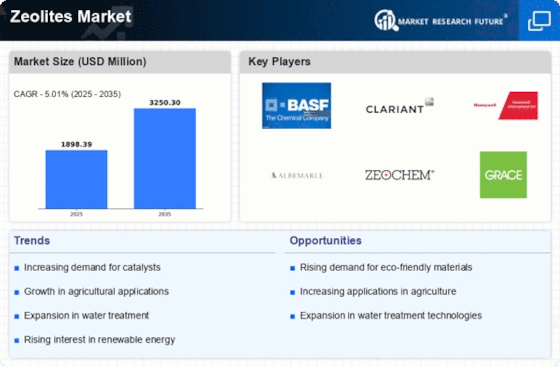
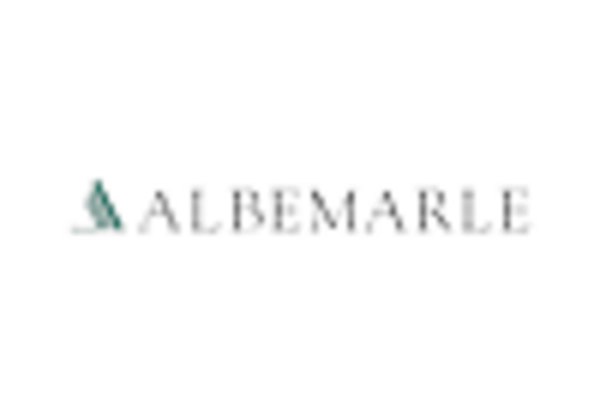

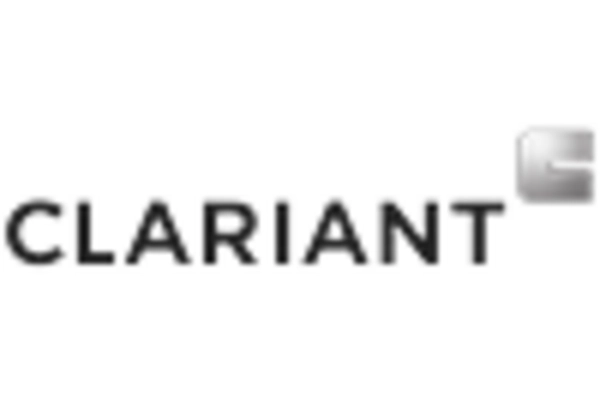

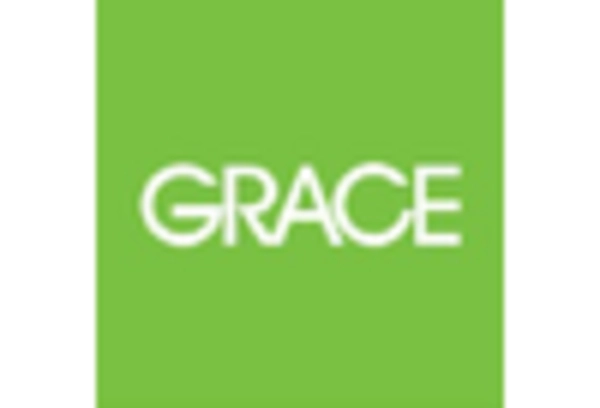
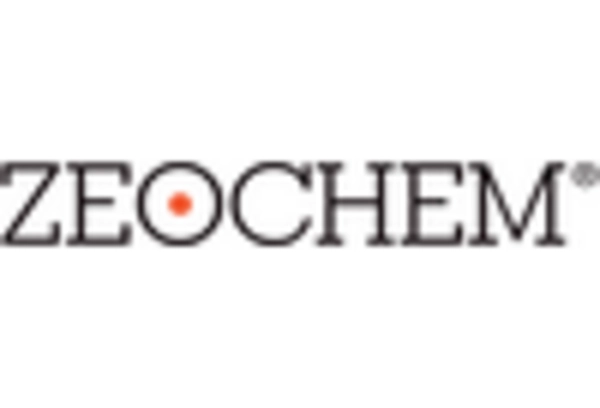









Leave a Comment